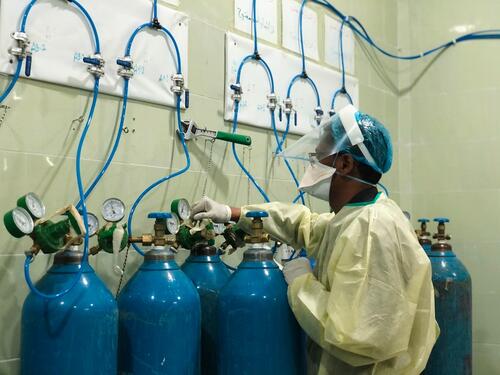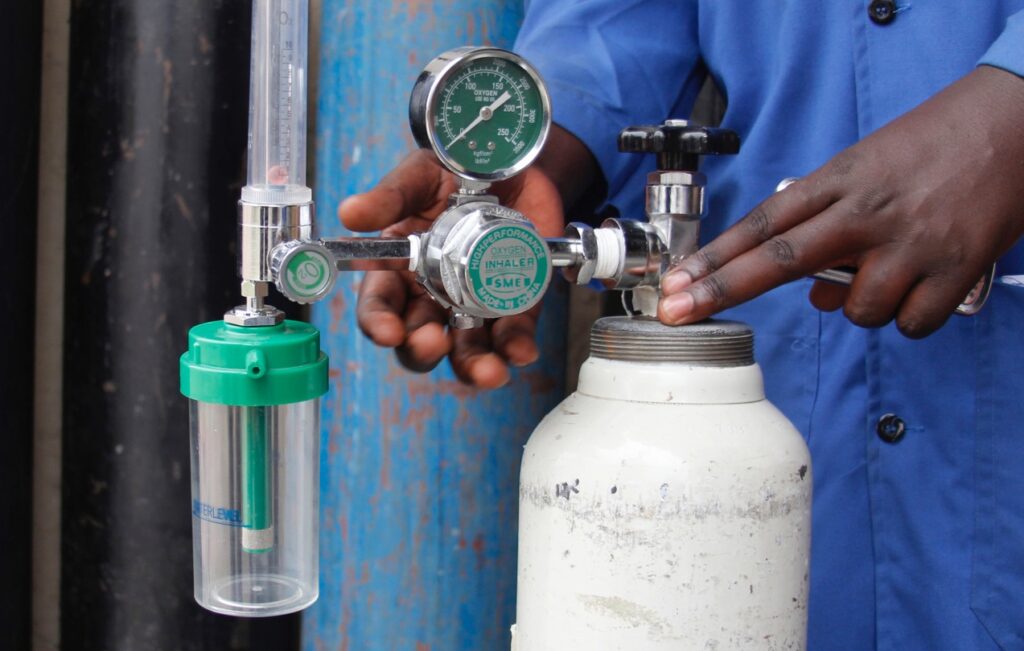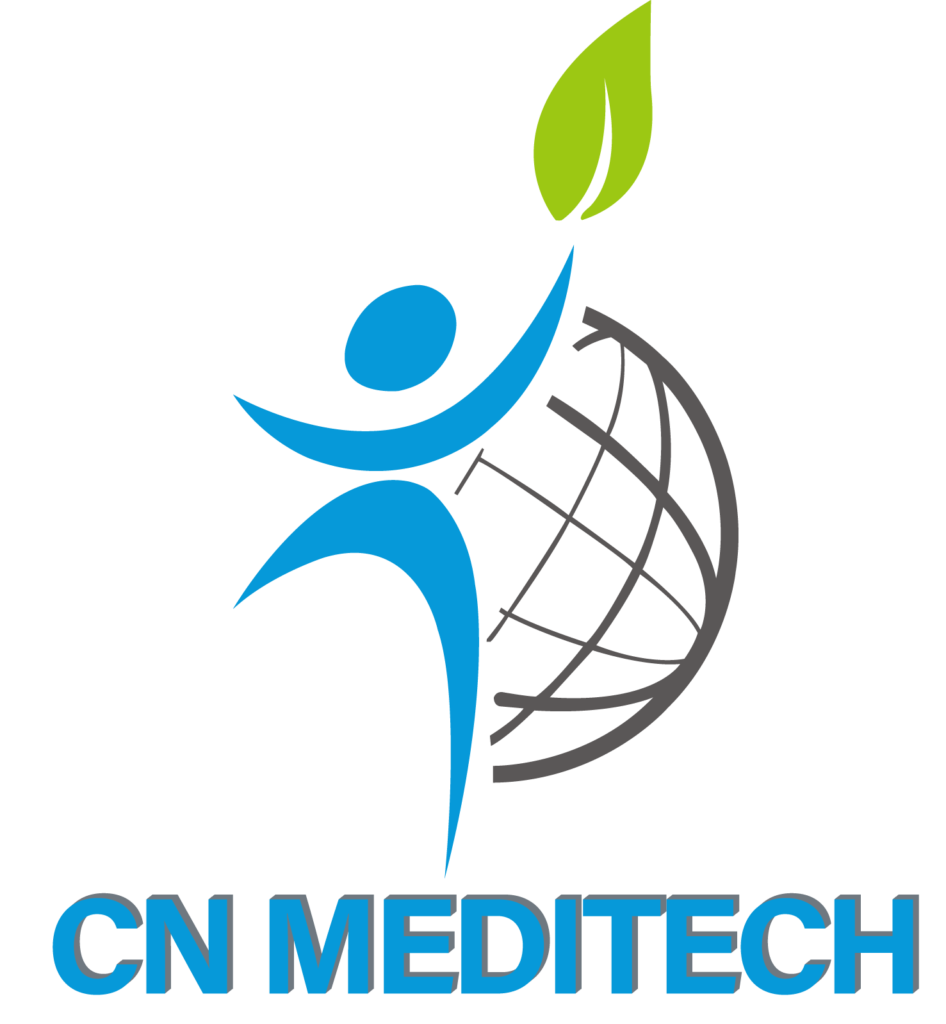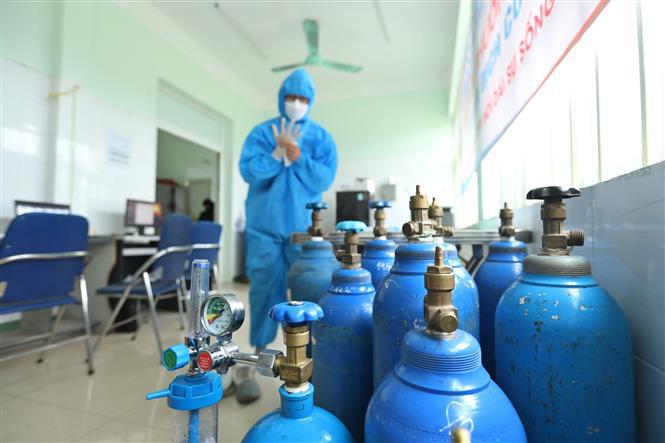Introduction
In times of emergencies, such as natural disasters, pandemics, or other crises, ensuring a reliable supply of oxygen in hospitals is crucial for the care and survival of patients. Proper planning and management are essential to meet the increased demand for oxygen during such situations. This article outlines key strategies to safeguard the oxygen supply in emergency hospital scenarios.
Stockpile Oxygen
Hospitals should maintain an adequate stockpile of medical oxygen. Regular assessments of consumption rates, based on historical data, can help determine the required reserve levels. Additionally, collaborating with oxygen suppliers to establish emergency reserve agreements is advisable.
Diverse Oxygen Sources
Relying on a single oxygen source can be risky. Hospitals should diversify their sources of medical oxygen. This can include bulk oxygen tanks, oxygen concentrators, liquid oxygen systems, and even oxygen generators. Redundancy in oxygen supply sources helps mitigate the risk of shortages.

Monitoring and Inventory Control
Implementing a robust monitoring and inventory control system is essential. Hospitals should track oxygen levels in real-time, set reorder points, and establish a clear protocol for restocking oxygen supplies. Automated systems can help streamline this process.
Regular Maintenance and Testing
Routine maintenance and testing of oxygen delivery systems are critical to ensure their reliability. This includes inspecting equipment, checking for leaks, and verifying the functionality of backup systems. Hospitals should establish maintenance schedules and adhere to them diligently.
Staff Training
Hospital staff should be adequately trained in oxygen supply management, including the use of different delivery systems and emergency protocols. Training should cover proper storage, handling, and troubleshooting procedures for oxygen equipment.
Emergency Preparedness Plans
Hospitals must develop and regularly update emergency preparedness plans that specifically address oxygen supply issues. These plans should include contingencies for supply chain disruptions, equipment failures, and increased patient demand.

Communication and Coordination
Effective communication and coordination are vital during emergencies. Hospitals should establish channels for communication with oxygen suppliers, local authorities, and neighboring healthcare facilities to share resources if necessary. Coordinated efforts can help address oxygen shortages more effectively.
Prioritizing Patient Needs
During emergencies, hospitals may need to prioritize oxygen use based on medical necessity. Developing guidelines for oxygen allocation and utilization can help ensure that patients with the greatest need receive adequate oxygen therapy.
Community Engagement
Hospitals should engage with the local community to raise awareness about the importance of responsible oxygen use during emergencies. Encouraging individuals and smaller healthcare facilities to maintain their own oxygen reserves can help reduce the strain on the hospital system.

Conclusion
Securing a reliable oxygen supply in emergency hospital situations is paramount for patient care. Hospitals must proactively plan, diversify oxygen sources, monitor and maintain equipment, train staff, and collaborate with suppliers and the community. By implementing these strategies, healthcare facilities can ensure they are well-prepared to meet the increased demand for oxygen during emergencies, ultimately saving lives and improving patient outcomes.
Why Choose Us?

CNMEDITECH is dedicated to the long-term research of the medical equipment market. Our mission is “People oriented and win-win strategy,Matching the real needs of the region with a focus on human health,To be the world’s first-class medical field solution expert”.We have been manufacturing high-quality medical device products for more than ten years.
We have built our reputation on delivering quality healthcare solutions on time and on budget.All our products comply with international health and safety regulations and all products come with a warranty.
Are you still worrying about your customer’s product needs?Are you still angry that the product is expensive? We have various medical equipment and support personalized product customization.
Our company has many styles to choose from.In addition, we have high-quality pre-sales consulting guidance and professional after-sales service, all to meet your needs.
Whether it is a cost-effective or high-end product, there will always be something suitable for you.If you have any needs for products, you can ask us, our factory will meet your needs as soon as possible, and we will make every effort to provide you with solutions.Feel free to send us your inquiries.








